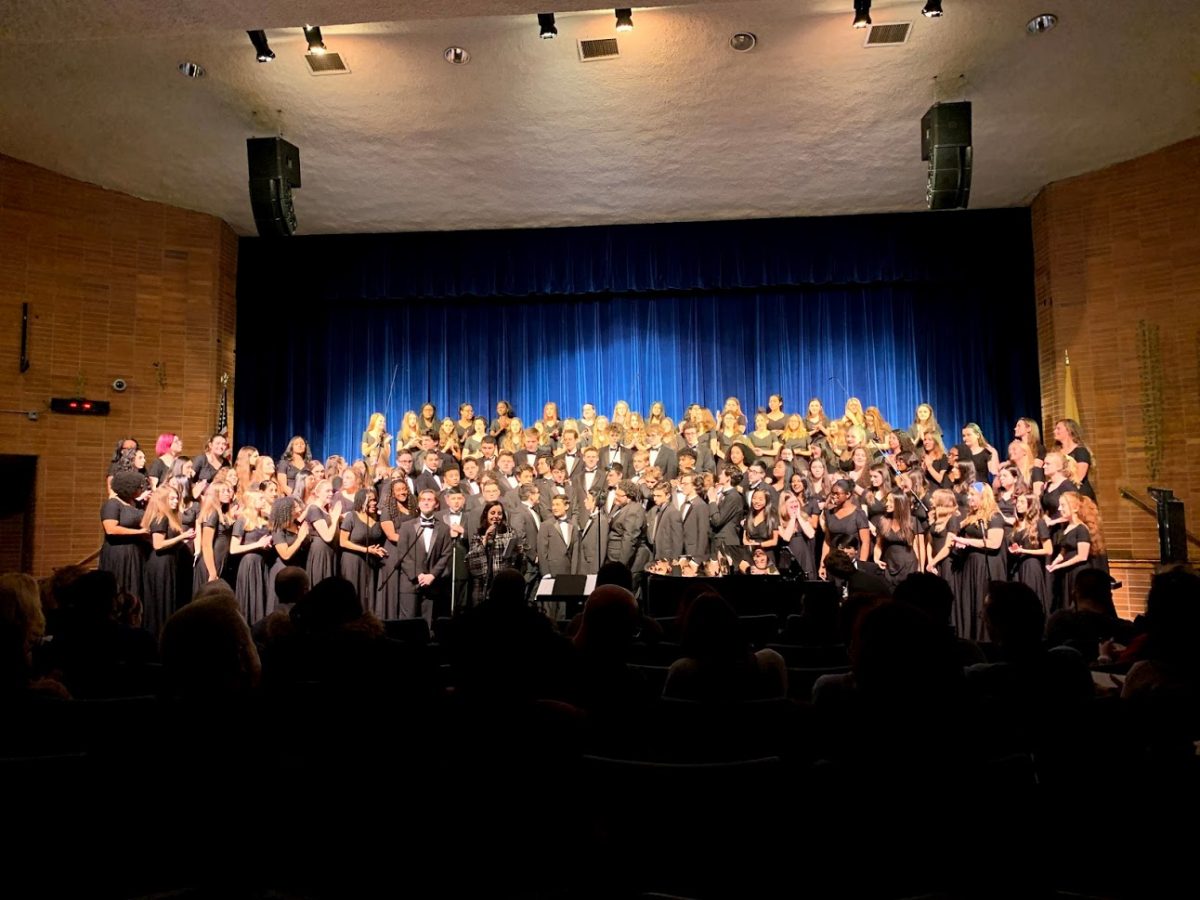Tech pundits have often bashed at Google’s ever-changing messaging solutions array. Let me assure you: Google simply doesn’t care. There is little useful data in your silly little chats. It will not help the algorithms improve, it will not help them serve better ads.
I know, I know, this is just a theory. Nobody knows how Google decides things, not even most of the people working there. But I know because I just spent some time trying to reorganize the way I handle music. Google decided to end Play Music, a service many of you don’t even know existed other than the shortcut on your phone if it was an Android. But I loved it. I could upload endless mp3 files (50,000 actually was the limit) and have them available on all my devices. I could also just click on an album name or folder full of lectures I want to hear while running. That is the same thing as what Spotify charges you 10 bucks a month to do. Only free. It integrated stuff online with offline life almost perfectly. Much like the very excellent and underrated Google Play Books service which is – as far as anyone can tell – also without limit in terms of number of books you can have on it for free.
There was actually a good working model in all these. One service for everything. You want a book? Add it to Play Books. You want it on your device? Just click “download”. You want to see it from any other device? No problem. It is actually the model most users want. All in one. Limitless. And free.
Google gives you infinite space on Google photos. Infinite Google Docs. Infinite books to upload and enjoy. Common denominator? You are helping them get more data. The sort of data they like and can use to improve their all-knowing God-like algorithms. Messaging is obviously not useful or they would have introduced a killer app ages ago. They have the users, they have the tech, they have the power. But now we know that music is also useless in that respect. So don’t bother with YouTube music folks. It will fold and fail like so many other Google experiments before it.
If you’re not part of the solution, you probably don’t even know what the problem was.

Leave a Reply